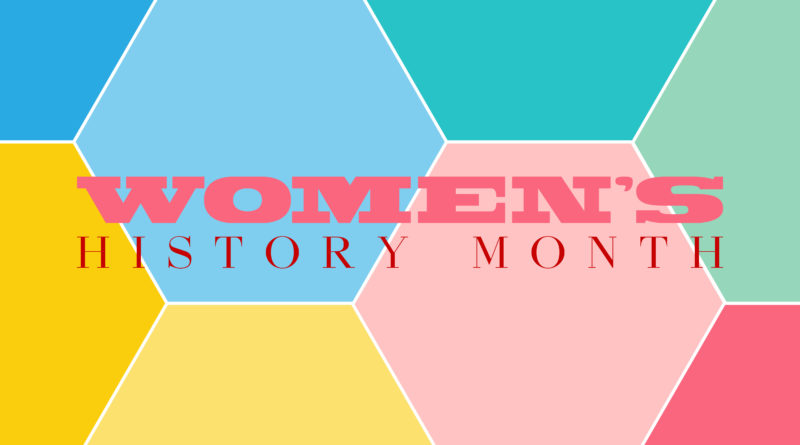Three Women You Should Know About for Women’s History Month
1,240 total views, 1 views today
Every March is Women’s History Month, a celebration of women’s everyday contributions and involvement in historical justice and reform. Countless women have spent – and risked – their lives fighting for the rights of people of all genders. Here are three especially important women you should know about for Women’s History Month.
1. Marsha P. Johnson
Over half a century ago, iconic drag queen Marsha P. Johnson, a trans woman of color, paved one of the earliest paths toward LGBTQ+ equality at a time when the issue was nowhere close to as mainstream as it is today. Many historians credit Johnson with initiating the Stonewall Riots in New York City, which took place on June 28, 1969, at the now-legendary Manhattan queer bar The Stonewall Inn.
The Stonewall Riots followed police raiding the Stonewall Inn – a common occurrence in queer bars at the time – and checking patrons’ IDs, searching them for drugs, and determining whether their clothes matched their presumed gender assigned at birth (mismatching was a criminal offense at the time). When Johnson arrived at the Stonewall Inn, she took umbrance with these police measures – which would today be seen as draconian, but were then the norm – and a riot ensued.
Following the riots, Johnson and the activist Sylvia Rivera co-founded the queer and trans liberation group Street Transvestite Action Revolutionaries, and Johnson also co-founded the Gay Liberation Front. Countless people on the LGBTQ+ spectrum in the U.S. have enjoyed wider acceptance and better quality of life thanks to Johnson’s work up until her death in 1992.
2. Maya Angelou
Like many women who have shaped the course of history, Maya Angelou dipped her toe into many fields. She worked in dance, acting, composition, and music throughout her life, but history looks back upon her primarily for her writing and involvement in the civil rights movements. She worked as the northern coordinator for Dr. Martin Luther King, Jr.’s Southern Christian Leadership Conference, a group pivotal to the success of the civil rights movement.
Later, the revered author James Baldwin and an editor at the publisher Random House encouraged Angelou to write an autobiography. This work became I Know Why the Caged Bird Sings, her 1969 work that has become widely taught in the half-century since its publishing due to its frank discussions of race, violence, and sexual assault. Angelou’s writing extended beyond prose into poetry, which she also used to discuss social matters. By the time of her death in 2014, she had served on presidential committees for Gerald Ford and Jimmy Carter and been awarded the National Medal of Arts by Bill Clinton, the Presidential Medal of Freedom by Barack Obama, and more than 50 honorary degrees by various universities.
3. Greta Thunberg
According to many common definitions of the line between girlhood and womanhood, Greta Thunberg is still a girl. That said, the 17-year-old’s contributions to what many people consider to be the most pressing issue of the 21st century are nothing short of vital.
Several years ago, Thunberg began protesting the legislative branch in her native Sweden to take stronger action to combat climate change. As her work encouraged others in the country to do the same, she was invited to speak at the 2018 United Nations Climate Change Conference. After her appearance there, students throughout the U.S. began taking part in weekly climate strikes, and these demonstrations have not let up since. At the end of last year, Thunberg became the youngest person in history to be awarded TIME’s prestigious Person of the Year award.
Which women do you think should be remembered for Women’s History Month? Sound off in the comments!

